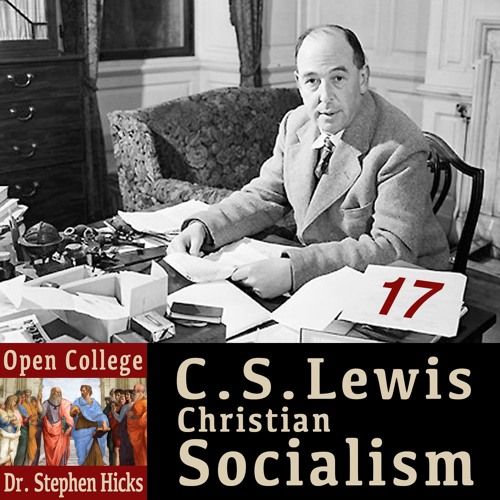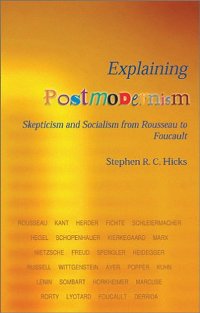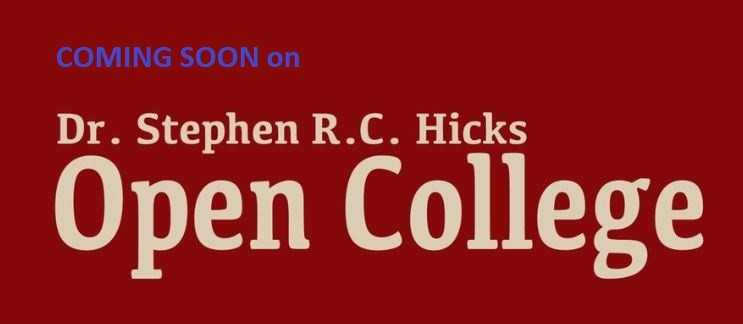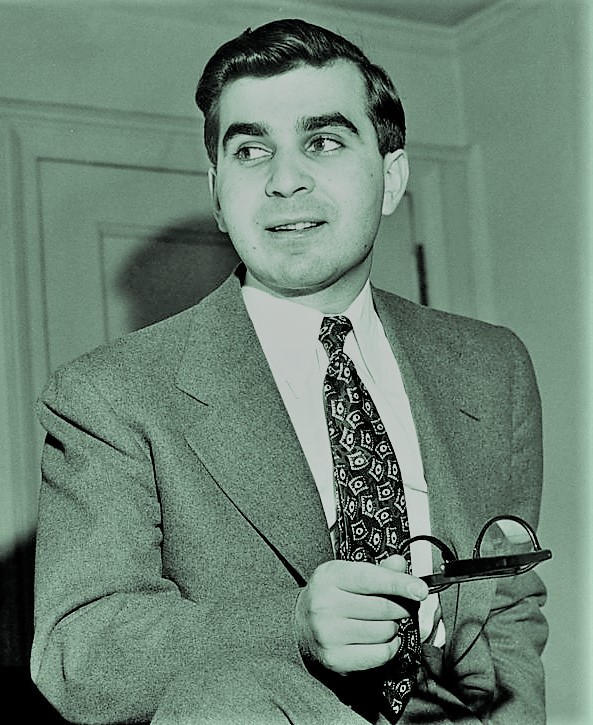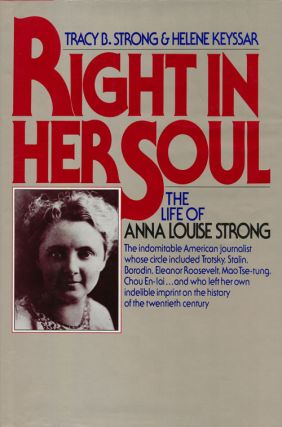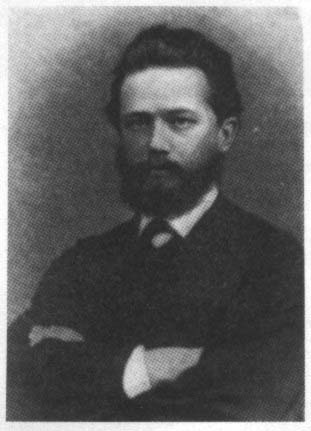Christian Socialism and C. S. Lewis [Open College series]
A new episode of my podcast series, produced by Possibly Correct out of Toronto. Audio: iTunes Stitcher YouTube Topics: Should Christians be socialists, and was C.S. Lewis a socialist? // Mere Christianity‘s themes // Liberal-libertarian principles — free-market economics and property rights, competence to run your own life, self-responsibility, self-respect and dignity for all, universalism […]
Christian Socialism and C. S. Lewis [Open College series] Read More »
